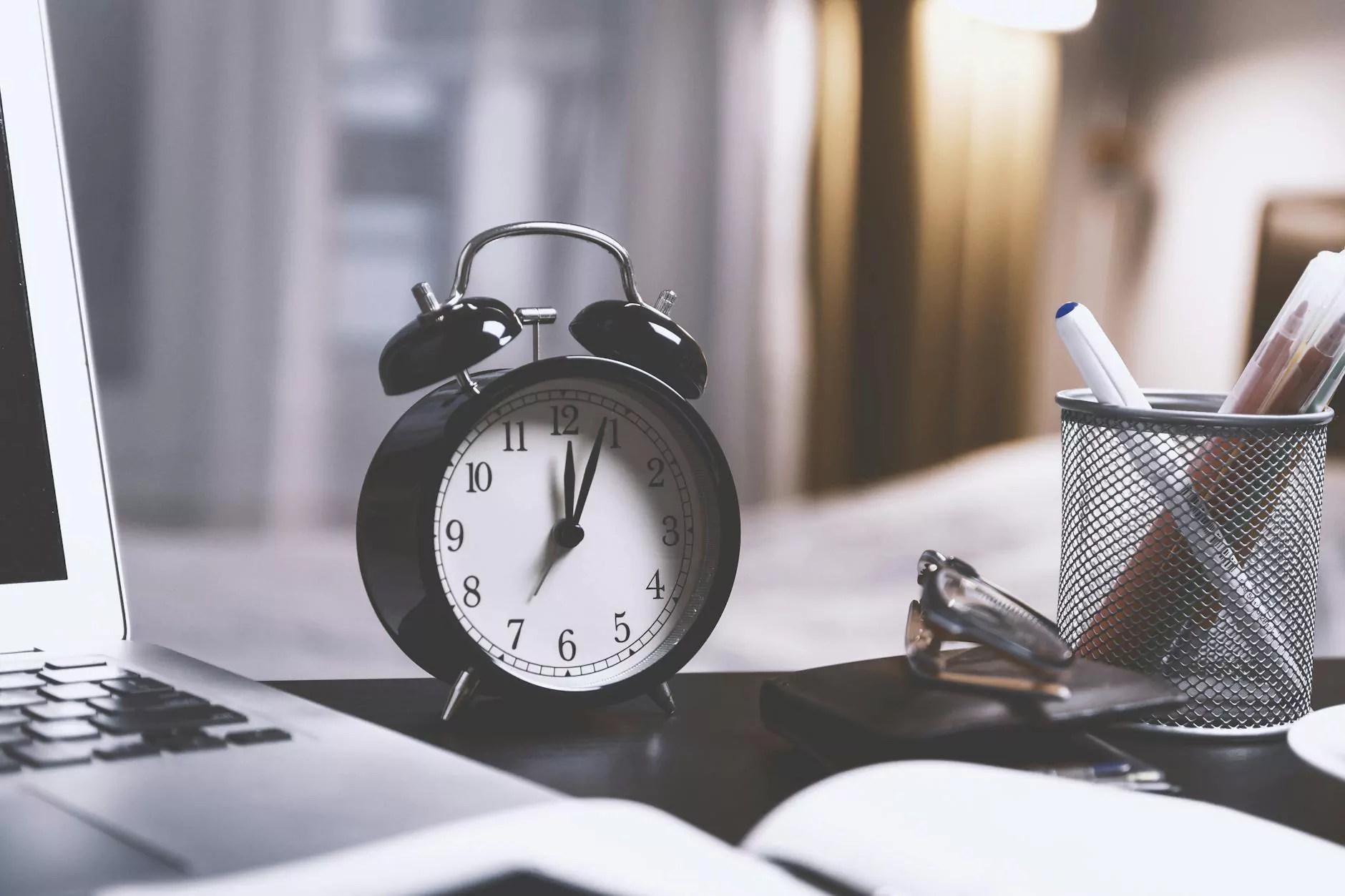Mastering the Art of Recover from Mental Exhaustion: A Comprehensive Guide

In today’s fast-paced world, many individuals find themselves overwhelmed by stress, fatigue, and emotional turmoil. These experiences can lead to significant mental exhaustion, a state characterized by emotional drain, burnout, and decreased mental clarity. If left unaddressed, mental exhaustion can severely impact your quality of life, productivity, and overall health. However, with the right understanding and proactive approaches, it is entirely possible to recover from mental exhaustion and restore mental resilience and vitality.
Understanding Mental Exhaustion: Causes and Symptoms
Before exploring recovery strategies, it is crucial to comprehend what constitutes mental exhaustion, its root causes, and how to identify its symptoms early. Mental exhaustion often results from prolonged periods of stress, emotional strain, overwork, or trauma. Common causes include:
- Chronic stress from demanding work or personal life challenges.
- Emotional burnout due to caregiving, loss, or relationship conflicts.
- Sleep deprivation leading to diminished cognitive function.
- High-pressure environments with relentless deadlines.
- Overcommitment and inability to set healthy boundaries.
Recognizing the symptoms of mental exhaustion is vital for timely intervention. Typical signs include:
- Persistent fatigue despite rest.
- Difficulty concentrating or making decisions.
- Loss of motivation and interest in activities once enjoyed.
- Emotional fragility such as irritability, anxiety, or depression.
- Physical symptoms like headaches, muscle tension, or gastrointestinal issues.
Why It Is Essential to Recover from Mental Exhaustion Promptly
Mental exhaustion is not just temporary fatigue; it is a critical signal from your body and mind indicating that your mental health needs urgent attention. Neglecting recovery can lead to prolonged psychological distress, diminished immune function, and even physical health deterioration. Moreover, chronic mental exhaustion can impair your productivity, relationships, and overall happiness, creating a vicious cycle that hampers personal and professional growth.
Hence, prioritizing recovery is an investment in your long-term health, resilience, and capacity to face life's challenges with clarity and strength. Overcoming mental exhaustion empowers you to:
- Enhance mental clarity and decision-making abilities.
- Regain emotional balance and resilience.
- Improve physical health and boost immune function.
- Strengthen relationships through better emotional regulation.
Effective Strategies to Recover from Mental Exhaustion: Practical Approaches
Recovery from mental exhaustion involves multiple facets—mental, emotional, physical, and social. Combine these strategies for a comprehensive approach to restoring mental vitality.
1. Prioritize Restorative Sleep and Relaxation
Sleep is the cornerstone of mental health. Aim for 7–9 hours of quality sleep per night, establishing a sleep routine that promotes relaxation before bed. Techniques such as meditation, deep breathing exercises, or listening to calming music can facilitate better sleep patterns. Additionally, incorporate short breaks throughout your day for relaxation, allowing your mind to reset and rejuvenate.
2. Practice Mindfulness and Meditation Techniques
Mindfulness practices cultivate present-moment awareness, which helps reduce stress and emotional reactivity. Regular meditation enhances neuroplasticity, enabling your brain to recover from fatigue. Consider guided meditation apps or mindfulness workshops that focus on breathing exercises, body scans, and mindful awareness to foster mental resilience.
3. Engage in Physical Activity and Movement
Physical exercise releases endorphins, natural mood enhancers, and reduces stress hormones. Choose activities you enjoy, such as walking, cycling, yoga, or swimming. Even short daily sessions can significantly improve your mental and emotional state, boosting energy levels and fostering a sense of accomplishment.
4. Establish Healthy Boundaries and Manage Workload
Overcommitment often exacerbates mental exhaustion. Learning to say no and setting clear boundaries between work and personal life are critical. Break tasks into manageable steps and prioritize responsibilities to prevent overwhelm. Delegating tasks when possible reduces strain and frees mental capacity for self-care.
5. Seek Professional Support and Counseling
Sometimes, self-help strategies need to be complemented with professional guidance. Counseling services specializing in mental health and burnout, such as those offered at LimbicFlow, can provide personalized support. Therapy can address underlying issues, foster coping skills, and facilitate emotional healing, greatly aiding recover from mental exhaustion.
6. Nourish Your Body with Proper Nutrition
A balanced diet rich in fruits, vegetables, lean proteins, and whole grains supplies essential nutrients that support brain health. Avoid excessive caffeine, sugar, and processed foods, which can increase feelings of anxiety and fatigue. Hydration is equally important; drinking plenty of water helps maintain mental clarity.
7. Cultivate Social Connections and Support Networks
Humans are inherently social beings. Connecting with friends, family, or support groups provides emotional validation and reduces feelings of isolation. Sharing your experiences can lighten emotional burdens and offer new perspectives on managing stress.
8. Incorporate Creative and Recreational Activities
Pursuing hobbies like painting, music, gardening, or reading can serve as outlets for emotional expression and relaxation. These activities not only distract your mind from stressors but also foster feelings of achievement and joy, which are crucial for mental rejuvenation.
The Role of Professional Counseling in Recovering from Mental Exhaustion
Professional counseling plays a pivotal role in systematically addressing mental exhaustion. When stressors become overwhelming, or emotional resilience weakens, trained therapists can employ evidence-based techniques such as Cognitive Behavioral Therapy (CBT), Acceptance and Commitment Therapy (ACT), or mindfulness-based interventions. These approaches assist individuals in identifying negative thought patterns, managing emotions effectively, and building lasting coping mechanisms.
LimbicFlow specializes in counseling and mental health services designed to guide clients through recovery processes. Their services focus on understanding individual needs, creating tailored recovery plans, and providing ongoing support to ensure sustainable mental health improvement.
Long-Term Strategies to Maintain Mental Resilience Post-Recovery
Recovery is not a one-time effort but an ongoing process. To maintain mental resilience and prevent future episodes of exhaustion, consider integrating the following habits into your lifestyle:
- Regular self-assessment of mental health status.
- Consistent self-care routines including adequate sleep, nutrition, and physical activity.
- Learning stress management techniques such as meditation, journaling, or yoga.
- Seeking support early before stress accumulates.
- Creating a balanced professional and personal life.
Conclusion: Empower Yourself to Recover from Mental Exhaustion and Thrive
Mental exhaustion can feel overwhelming, but with informed strategies, professional guidance, and a commitment to self-care, you can reclaim your mental health and vitality. Remember, recovery is a journey, not a destination. Embrace each step with patience and compassion for yourself. By prioritizing your mental well-being today, you invest in a healthier, happier future, capable of facing life's challenges with resilience and clarity.
If you're seeking personalized support and effective counseling solutions, LimbicFlow offers comprehensive mental health services tailored to help you recover from mental exhaustion and thrive in every aspect of your life.









